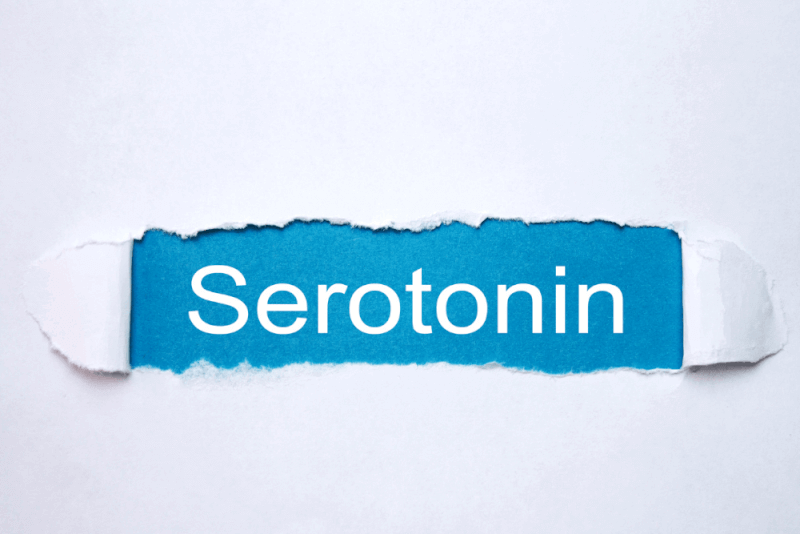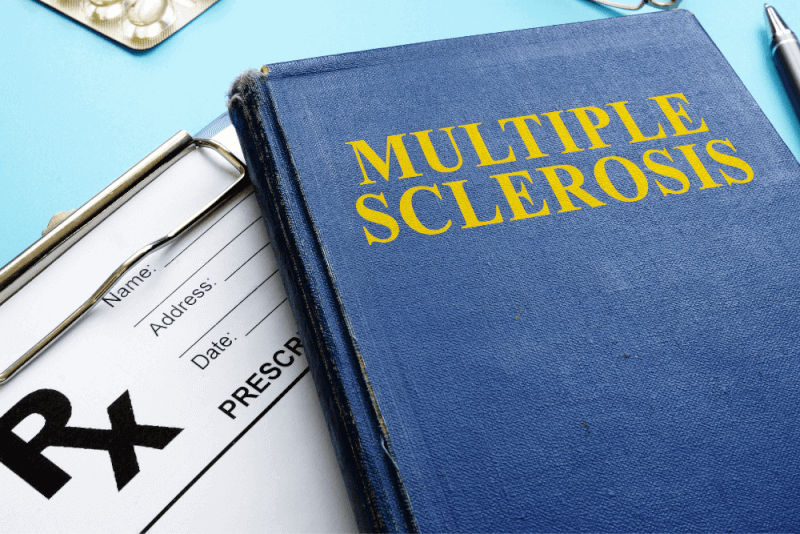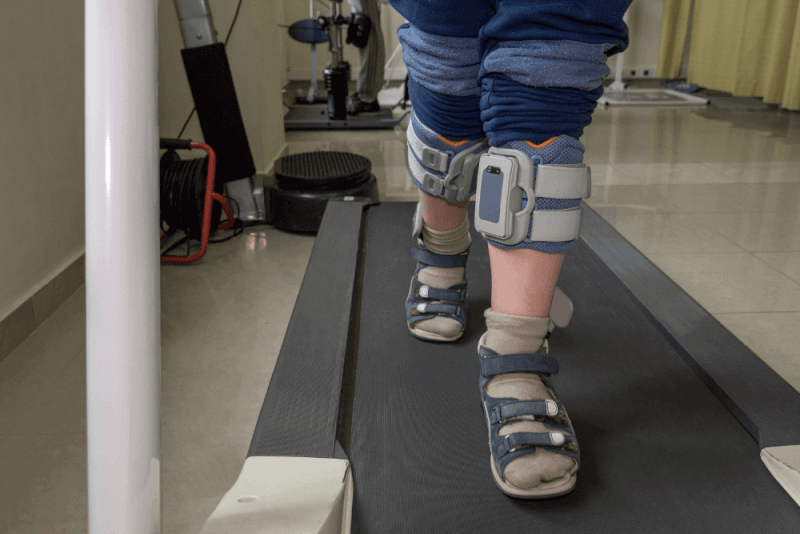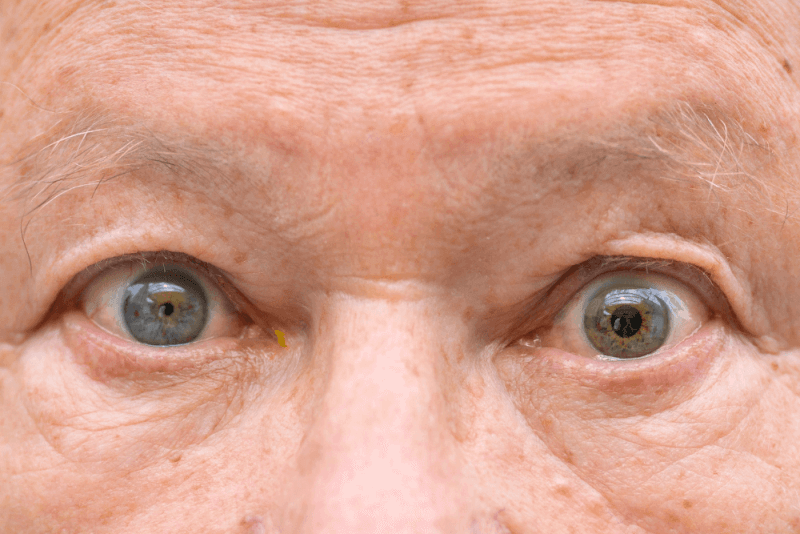What is Serotonin Syndrome?
Serotonin is one of the hormones normally secreted by the body. Serotonin syndrome is the term used when there is an excess of serotonin in the body. It is typically caused by taking medications that affect serotonin levels, and the primary treatment is to stop the offending medications.
Serotonin syndrome is a potentially life-threatening drug reaction. Serotonin is a neurotransmitter produced by nerve cells in the brain and other parts of the body. Most people can safely use medications that affect serotonin when prescribed at the proper dosage and as directed by their doctor.
Serotonin syndrome often occurs when starting a new medication or increasing the dose of a medication that raises serotonin levels. Additionally, the syndrome can develop if the body processes serotonin differently or if it cannot handle the increased amount of serotonin.
Diagnosis of Serotonin Syndrome
There are no specific tests to diagnose serotonin syndrome. Thus, specialists diagnose it based on physical examination and the patient's symptoms. An important factor in diagnosis is whether the patient has been using medications that can raise serotonin levels.
Medications that cause an increase in serotonin can be prescription drugs, over-the-counter drugs, illegal drugs, or herbal products. Specialists may also request the following tests to get a clearer picture of the patient's condition:
- Blood and urine tests to measure the levels of medications
- Tests to check how well the body is functioning
- Tests to look for signs of infection, including spinal fluid tests
- Other tests to rule out conditions with similar symptoms or to identify any complications
Causes of Serotonin Syndrome
The primary cause of serotonin syndrome is an increase in serotonin levels in the body. This increase can occur under the following conditions:
- Taking multiple medications that affect serotonin levels
- Starting a new medication or increasing the dose of a medication known to raise serotonin levels
- Accidentally or intentionally taking too much of a serotonin-related medication
- Using certain illegal drugs, herbal products, or prescription medications that affect serotonin levels
Medications and other products that cause an increase in serotonin levels include:
- The most common medications known to increase serotonin levels are antidepressants. Serotonin syndrome usually occurs when these are used with other serotonergic drugs. These medications include migraine medications and opioid pain relievers.
- Opioid medications used for severe pain relief, such as tramadol, meperidine, tapentadol, hydrocodone, oxycodone, fentanyl, and methadone
- Over-the-counter cough and cold medications
- Medications used for migraine and headache relief
- Ritonavir, used in the treatment of HIV and AIDS
- Medications used to prevent nausea
- Mood stabilizers
- Ginseng
- St. John's Wort
- Syrian Rue
- Nutmeg
- Ecstasy
- LSD
- Cocaine
- Amphetamines
- Methamphetamines
- Tryptophan-based dietary supplements
Symptoms of Serotonin Syndrome
The symptoms and severity of serotonin syndrome can vary from person to person. Some symptoms are very mild, while others can be life-threatening. Therefore, it is important to consult a specialist if any of the following symptoms are observed:
Mild Symptoms
Mild symptoms of serotonin syndrome include:
- Irritability
- Nausea
- Vomiting
- Diarrhea
- Dilated pupils
- Tremor
Moderate Symptoms
Moderate symptoms of serotonin syndrome include:
- Agitation
- Restlessness
- Muscle twitching
- Involuntary muscle contractions
- Muscle spasms
- Muscle stiffness
- Sweating
- Tremor
- Abnormal eye movements
Severe Symptoms
Severe symptoms of serotonin syndrome include:
- Confusion
- Disorientation
- Delirium
- Increased heart rate
- High blood pressure
- Fever over 38.5 degrees Celsius
- Seizures
- Abnormal heart rhythm
- Fainting
Symptoms of serotonin syndrome usually begin to appear within a few hours of taking the medication. Almost all patients exhibit symptoms within the first 24 hours of use.
Treatment Methods for Serotonin Syndrome
The treatment of serotonin syndrome varies based on the severity of the symptoms.
Treatment for Patients with Mild Symptoms
If the symptoms are mild, stopping or adjusting the dosage of the offending medication typically resolves the symptoms within 24 to 72 hours. If symptoms do not resolve quickly, a serotonin blocker such as cyproheptadine may be given.
Treatment for Patients with Moderate Symptoms
If the symptoms are moderate, the patient should be observed in the hospital for at least 24 hours to ensure that the symptoms improve with treatment.
Treatment for Patients with Severe Symptoms
If the symptoms are severe, the patient needs to be treated in the intensive care unit to closely monitor body and organ functions. Treatment options may include the following, depending on the symptoms:
- Medications such as benzodiazepines to alleviate symptoms like agitation, muscle rigidity, and seizure-like movements
- IV fluids to maintain hydration and treat fever, and oxygen via mask to improve blood oxygen levels
- Medications to control heart rate and blood pressure
- Mechanical ventilation, sedation, and muscle paralysis using a breathing tube for patients with extremely high fever
- Serotonin-blocking medications if other treatments are ineffective or not fast enough
Complications of Serotonin Syndrome
If left untreated, serotonin syndrome can lead to the following complications:
- Seizures
- Difficulty breathing
- Kidney failure
- Coma
- Death








